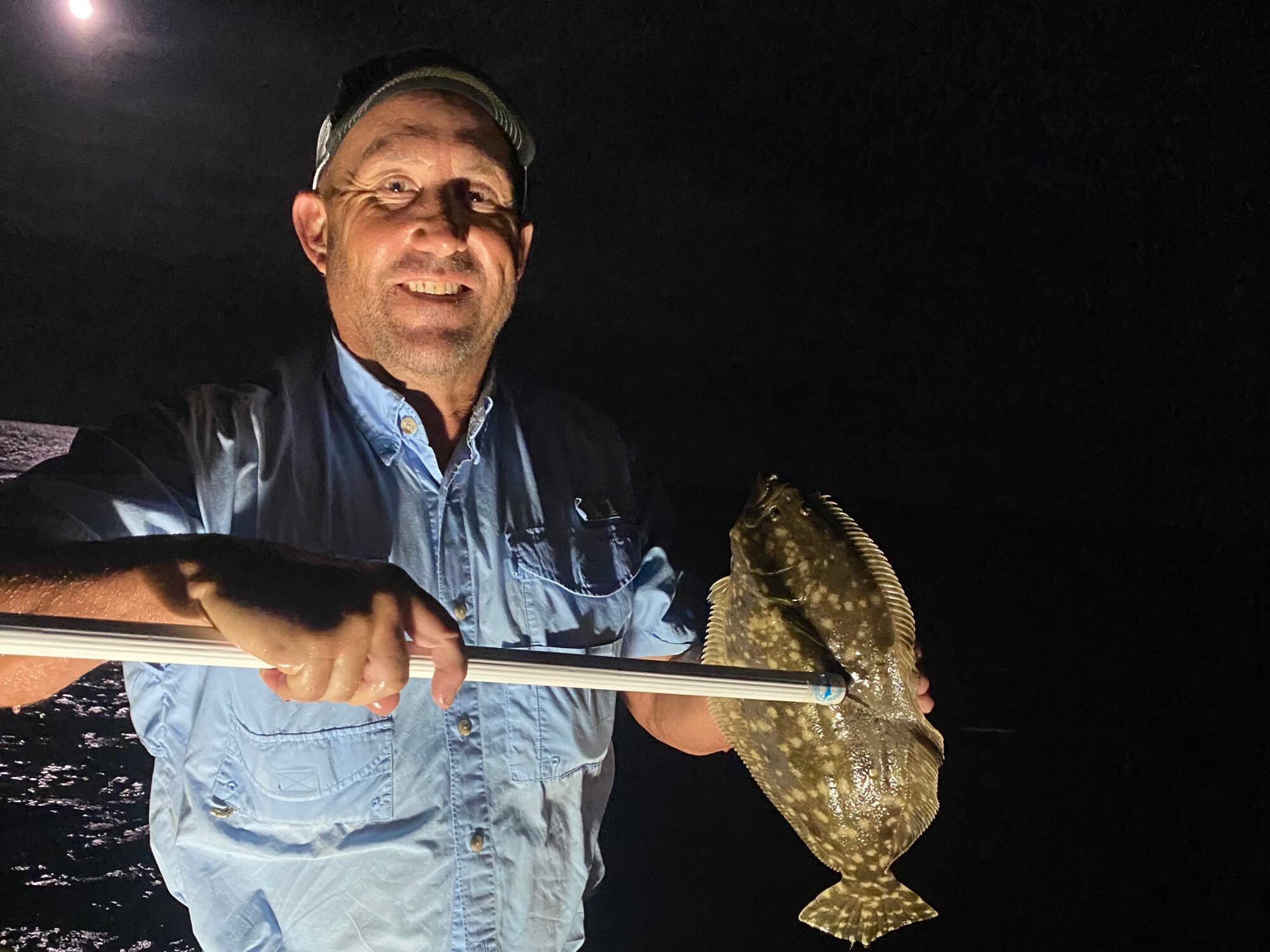College football head coach: the most dangerous job in sports
Two national championship coaches sat together at a luncheon last week. One dispensed advice. The other listened.
Andy Talley led Villanova to an FCS title this past season, but his tips had nothing to do with coverages or hot routes. Talley, the Wildcats’ coach for the past 25 years, saw in Alabama’s Nick Saban a bit of his old self, so Talley told Saban a tale of a coach so obsessed with winning that he took everything else for granted. Until one excruciating day in 2002.
For Talley, then 58, the pain began under his sternum. He’d never felt anything like it, like something trying to gnaw its way out. Football coaches aren’t supposed to show weakness, so Talley rode out the stabbing in his chest for a few hours. Finally, he told his wife they should go to the hospital.
The triage nurse didn’t hesitate. As soon as the magic words — chest pain — passed Talley’s lips, the doors opened. Before long, Talley lay on his back. A cardiologist hovered over him.
“You’re having a heart attack, and you have a blood clot,” Talley remembers the cardiologist saying. “This is very serious.”
Despite the pain from his failing heart, Talley remembers precisely the thoughts that raced through his mind. “I’m really not interested in one more offensive play,” he said. “I’m really not thinking about whether we’re playing man or two-deep zone. I wasn’t interested in one more hour in the office. What I was interested in at that point in time was my kids, my wife, my family, if I would ever see them again — and where I was going to go if I died.”
Saban, 58, said he left the luncheon with a little more perspective. But Talley knows Saban isn’t the only grinder who might be working himself into an early grave in a job that grows more demanding with each passing year. Talley wants all the hard-driving coaches to hear his message so they won’t need a near-death experience to understand there is more to life than the next play or the next recruit.
SI.com
1/21/10







